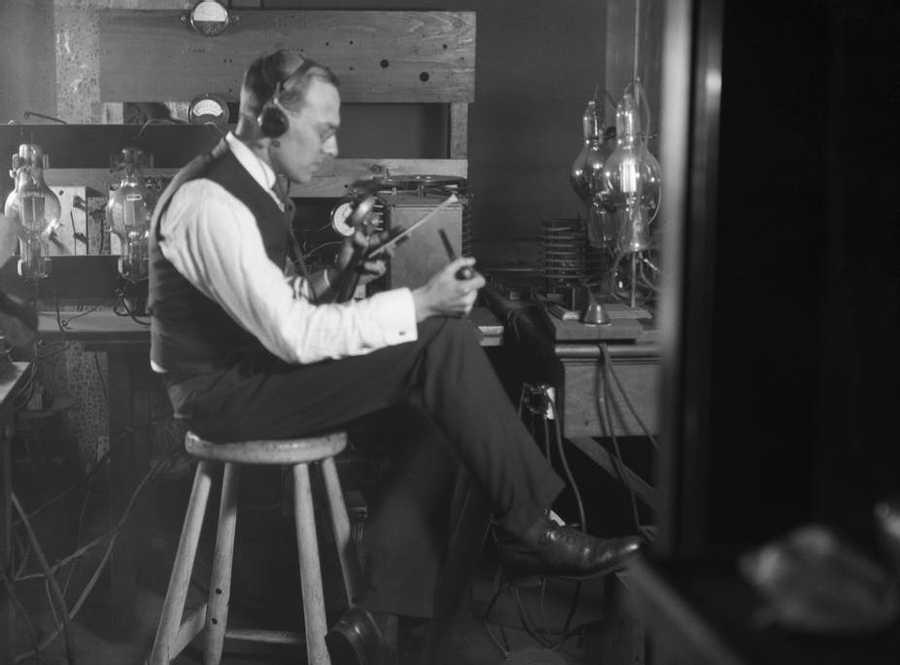Radio transformed American politics
For centuries, people had read politicians' words. On Nov. 2, 1920, the first broadcast from a licensed radio station was broadcasting the results of that year's presidential election.
Radio made it possible to listen to politicians in real-time. It meant that personalities started to matter more; the way their voices sounded made a difference. Their ability to engage and entertain became crucial components.
19
207 reads
The idea is part of this collection:
Learn more about personaldevelopment with this collection
The impact of opportunity cost on personal and professional life
Evaluating the benefits and drawbacks of different choices
Understanding the concept of opportunity cost
Related collections
Read & Learn
20x Faster
without
deepstash
with
deepstash
with
deepstash
Personalized microlearning
—
100+ Learning Journeys
—
Access to 200,000+ ideas
—
Access to the mobile app
—
Unlimited idea saving
—
—
Unlimited history
—
—
Unlimited listening to ideas
—
—
Downloading & offline access
—
—
Supercharge your mind with one idea per day
Enter your email and spend 1 minute every day to learn something new.
I agree to receive email updates
